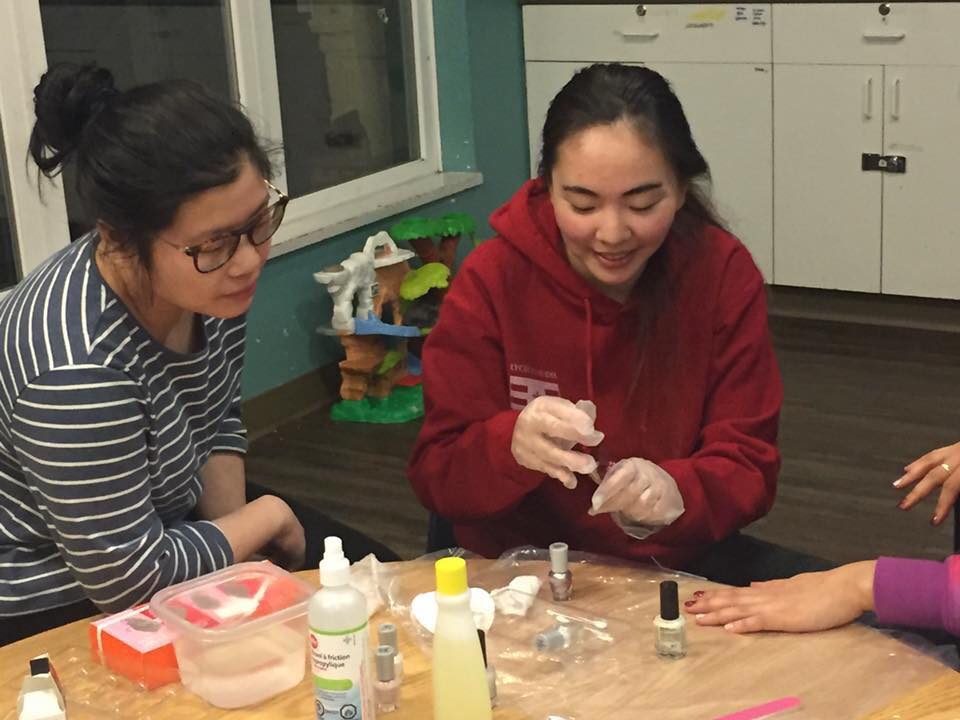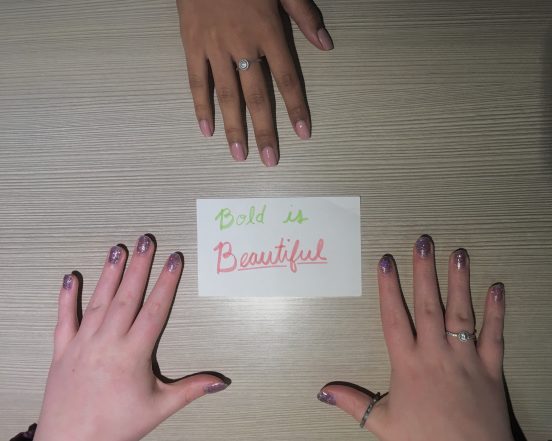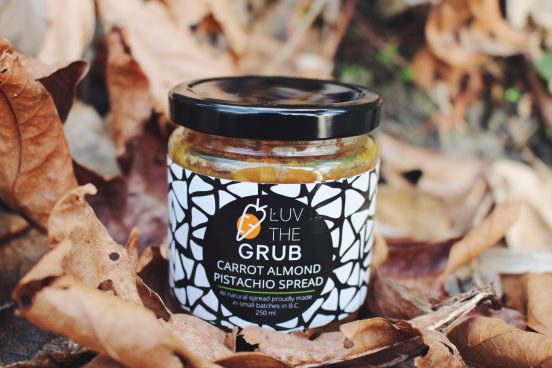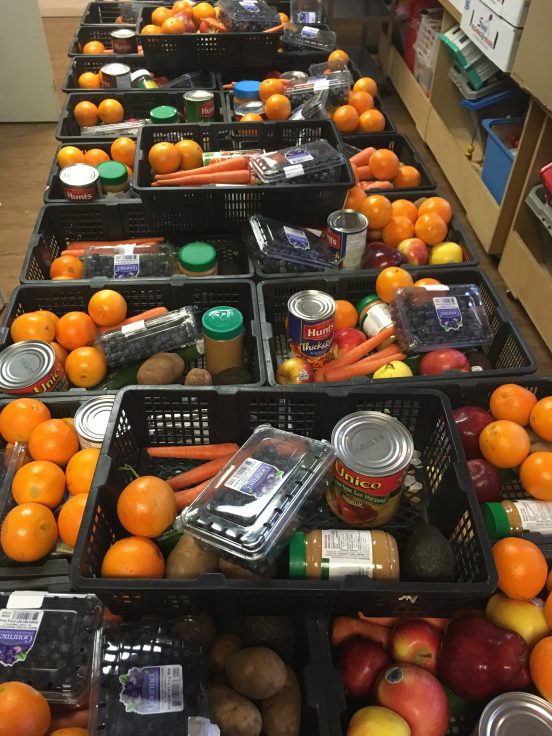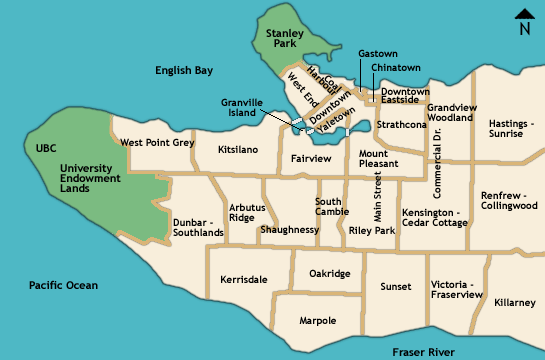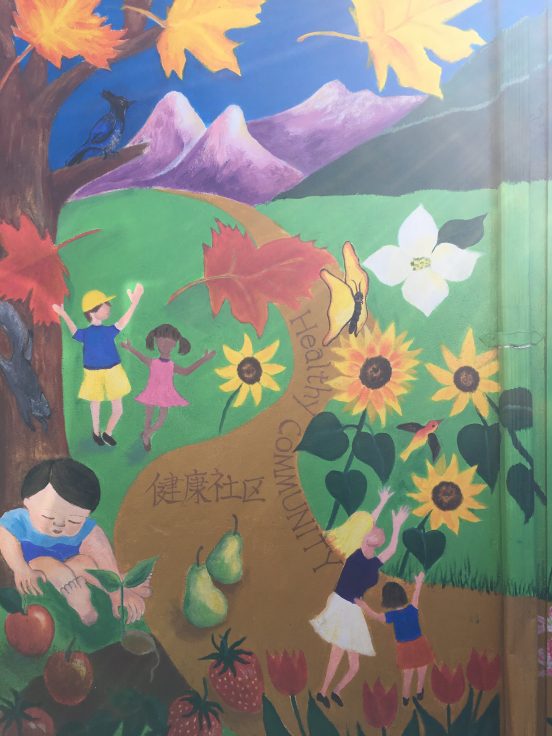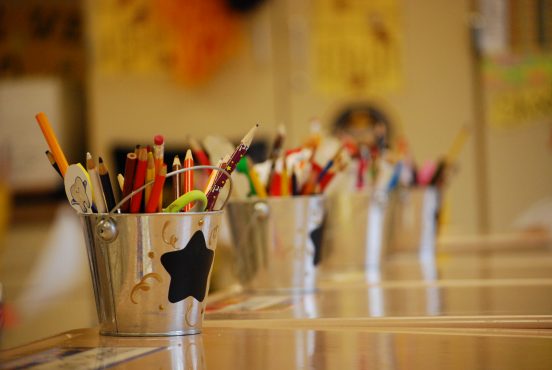Hello everyone !
As a first-year university student at UBC, I was very excited to explore the different opportunities the university offered to the students. When I first looked into the Coordinated Arts Program, I thought that the global citizen was the most interesting one for me having lived in several different countries. I decided to move to Vancouver to see the west coast of Canada. As I started sociology, professor Greer gave us the option to do this program called TREK under the Centre for Community Engaged Learning. This gave me an opportunity to learn about Vancouver as a city but also the struggles that lower-income people face today in society. At first, I thought it would require volunteering at the community center once a week to help others in need. However I discovered that it was a lot more than helping others, this opportunity has lead me to understand today’s capitalistic society. Most people that we meet live in shelters and are women. Some of the women also have children under the ages of 4.
I was placed with Beauty Night Society which is a non-profit organization that builds self-esteem and changes lives of women and living in poverty. There are three streams including wellness, life skill development, and makeovers that help woman along with their journey. I partake in the beauty services that they provide such as mini manicure and pedicures and massages. Most of the time, offering these services brings a lot of joy to these women. Another part of this position is to be good listeners. As volunteers, we engage with the woman to let them have an opportunity to rant about their lives and blow off steam. The experience I had with Beauty Night has made me understand several sociological concepts that we have covered in class.
Beauty Night exists because we have a lack of resources to share with all women from different social classes or racial looks. I think that these types of organizations are due to out capitalistic society. We often praise our society of being a free compared to communist countries. However, we realize often that our society isn’t as free as we believe it to be.
As we talked about in class about the ‘bystander effect‘where no one takes responsibility if there are lots of people involved. But working with beauty night makes us realize that there is something that we can do about it and it starts now.
The women that we are doing makeovers either live in shelters, or in rehabilitation in hospital. Women shelters are really young women originally from other countries, elderly women who broke their hip and others who are suffering from mental illness. Beauty night happens every single day of the week at different locations, mostly on the Vancouver Downtown Eastside. The woman who has children are vulnerable. We can see the gender wage gap.Women are inclined to stop working after having kids to take care of them however they do not have the resources to stop and take care of their child.
The single parent who is in poverty are generally women who have just immigrated from another country. I had a conversation with a lady from Morocco. She said that she had immigrated to Canada for her children. She claimed that there was not a future for her kids in Morocco. I asked her if she worked here, she responded that sometimes she would be called in to do manicures at a place downtown. This relates to what we have mentioned in class ‘ immigrated women’ who work in bad working conditions. This lady is lucky to have legal immigrant status compared to women who do not have papers to prove their legal identity.
We have also discussed the use of drugs. In one of the Beauty Night sessions, there was a poster on the wall cautiously advising people to be careful where you procure your drugs. Someone has been targeting women. As a class, we mentioned the importance of having a place where it would be safe to take drugs with good lighting and first aid nearby for emergencies. This is a great way for drug users to be safe and clean.
Overall, Beauty Night has been an incredible learning experience where I learned more about Vancouver, but also more about our society.
